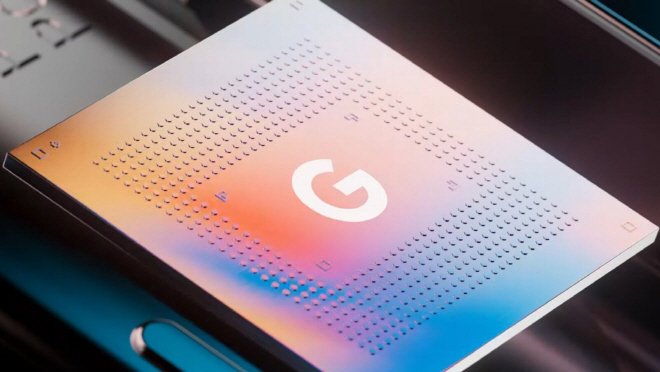It was confirmed that Samsung Electronics received an order for Google’s new smartphone AP (application processor) Tensor G4. It is expected to expand its foundry (semiconductor consignment production) market share by securing major customers one after another in the front-end process.
According to the industry on the 30th, Samsung Electronics recently received an order for the Tensor G4 chipset to be installed in Google’s smartphone Pixel 9, which will be released next year. Samsung Electronics also manufactured the Tensor G3 chipset that was installed in the Pixel 8 series last year.

It is reported that the Tensor G4 will be a model with an improved CPU (central processing unit) from the Tensor G3. The name of the internally developed project is ‘Zuma Pro’, taken from G3’s ‘Zuma’. It is reported that this new chip will be produced using Samsung’s 4-nano (nm, 1 billionth of a meter) third-generation SF4P process. Previously, the G3 was manufactured using the previous generation process, SF4.
Initially, Google was expected to entrust production to Taiwan’s TSMC starting with the G4. However, as there was no coordination with TSMC on production timing and quantity, the company had to join hands with Samsung Electronics again. The recent rapid increase in Samsung Electronics’ 4nm process yield appears to have had an impact. Samsung’s next-generation AP Exynos 2400, which was revived after two years, is also scheduled to be manufactured using this process.
Samsung Electronics has recently been successful in attracting large customers for its flagship 4nm 3rd generation process and the next-generation 3nm process. Recently, design house AD Technology announced that it had signed a contract with an overseas customer for a server-oriented semiconductor design project based on the Samsung Electronics foundry 3nm process. Although the specific customer company was not revealed, it is known to be an HPC (high-performance computing) chip from a US-based company.
According to data released by semiconductor market research firm Trend Force last September, TSMC maintained first place in the foundry industry with a 56.5% market share in the second quarter of this year. However, compared to 60.2% in the first quarter, it decreased by nearly 4 percentage points. On the other hand, Samsung Electronics’ foundry division, which ranked second, increased its market share from 9.9% to 11.7% during the same period.
Samsung Electronics is currently mass producing GAA-based 3nm 1st generation with a stable yield of over 60% as estimated by the industry. Development of the second generation process is also underway and mass production is scheduled for 2024. Jeong Ki-bong, Vice President of Samsung Electronics Foundry Business Division, recently expressed confidence that “when the maturity of the next-generation process increases and the era of 2nm in 2025 and 1.4nm in 2027 arrives, a different situation from the present will unfold.”
